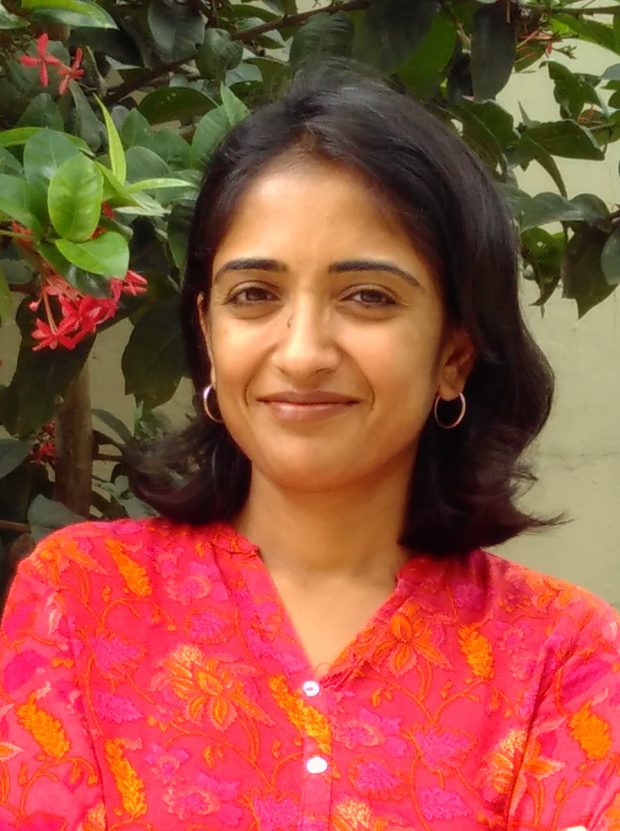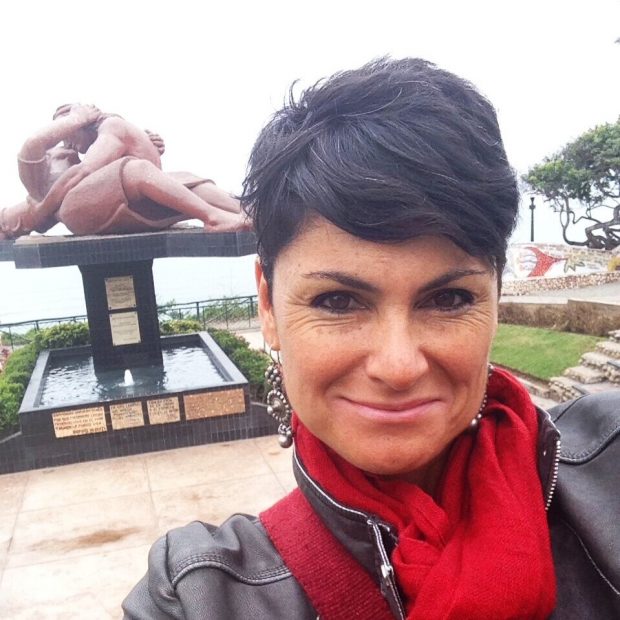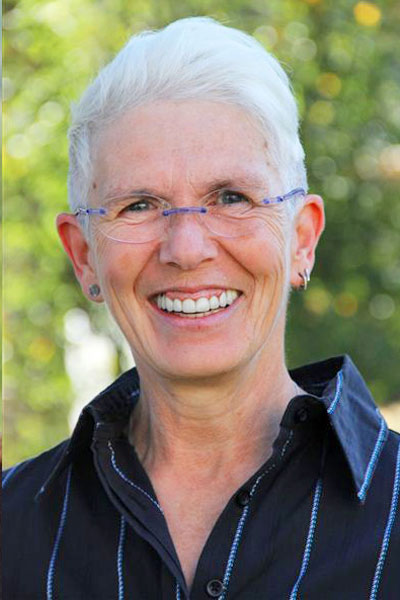-
-
- Dr. Aysha Akhtar, M.D., M.P.H., President and CEO, Center for Contemporary Sciences (Sept. 15, 2021)
- Dr. Krithika Srinivasan, Senior Lecturer, School of Geosciences, University of Edinburgh (Oct. 20, 2021)
- Dr. Núria Almiron, Co-Director, Centre for Animal Ethics, Universitat Pompeu Fabra, Barcelona (Nov. 17, 2021)
- Dr. María Elena García, Associate Professor in the Comparative History of Ideas, University of Washington (Jan. 19, 2022)
- Dr. Jodey Castricano, Professor, Faculty of Creative & Critical Studies, UBC Okanagan (Mar. 16, 2022)
-

** Missed the lecture? View our Video Gallery of Past Lectures
Completed Lectures:
Dr. Aysha Akhtar, M.D., M.P.H.
“How Can We End Animal Testing and Better Human Health?”
- President and CEO, Center for Contemporary Sciences
- Wednesday, Sept. 15, 2021, 12:30 – 1: 50 p.m. (PDT)
Animal experimentation is defended by arguments that it is reliable, that animals provide sufficiently good models of human biology and diseases, and that consequently its use provides major human health benefits. But a growing body of scientific literature raises important concerns about their reliability and predictive value for human outcomes and for understanding human physiology.
The good news is that a momentum is building that will lead to a revolution in biomedical research that will replace animal testing and benefit humans. This presentation will discuss how we can help this momentum grow faster.
Aysha Akhtar, M.D., M.P.H., is a double-board certified neurologist and preventive medicine specialist, with a background in public health, and is a U.S veteran. Previously she served as Deputy Director of the U.S. Army Traumatic Brain Injury Program developing the Army’s brain injury prevention and treatment strategies for soldiers. As a Commander in the U.S. Public Health Service Commissioned Corps, Dr. Akhtar frequently deployed to assist with national public health emergencies.
For a decade, Aysha was a Medical Officer at the Food and Drug Administration, most recently in the Office of Counterterrorism and Emerging Threats, implementing studies on vaccine effectiveness and safety and using her Top Secret Security Clearance to develop national preparedness strategies for public health threats. She is published in peer-reviewed journals including Lancet, Pediatrics, Journal of Public Health Policy, and Reviews in the Neurosciences.
Dr. Akhtar is also a Fellow of the Oxford Centre for Animal Ethics. She is the author of Our Symphony With Animals: On Health, Empathy and Our Shared Destinies, and Animals and Public Health, which argues for the need for health institutions to include animals as part of the “public” in public health. Aysha is also a TEDx speaker.
Download Event Poster PDF.
Dr. Krithika Srinivasan
The Ethics, Politics, and Ecologies of Farming Animals in Multicultural Societies: Insights from India
- Senior Lecturer, School of Geosciences, University of Edinburgh
- Wednesday, October 20, 2021, 9:00 – 10:20 a.m.
The Indian livestock sector is estimated to be the largest in the world. The intensification of livestock production in India has unfolded alongside serious sectarian conflicts around cultural vegetarianism and cow protection, which have preoccupied public conversation. This talk examines the intersections between these socio-politico-cultural conditions, the trajectories of animal farming, and its multispecies justice implications, discussing how culture comes to matter (or not) in the lives and socio-ecologies of farmed animals.
Krithika Srinivasan, PhD, is Senior Lecturer in the School of Geosciences. Her research and teaching interests lie at the intersection of political ecology, post-development politics, animal studies, and nature geographies. Dr. Srinivasan’s work draws on research in South Asia to rethink globally established concepts and practices about nature-society relations. Through empirical projects on street dogs and public health, biodiversity conservation, animal agriculture, and non-elite environmentalisms, her scholarship focuses on decolonizing and reconfiguring approaches to multispecies justice. Dr. Srinivasan’s research and teaching are deeply rooted in long-term field engagement and praxis in India.
Download Event Poster PDF.
Dr. Núria Almiron
“COMPASS. Lobbying and Compassion: Interest groups, Discourse and Nonhuman Animals”
-
- Co-Director of the Centre for Animal Ethics, Universitat Pompeu Fabra, Barcelona
- Wednesday, Nov. 17, 2021, 12:30 – 1: 50 p.m. (PST)
This talk introduces COMPASS, Lobbying and Compassion: Interest groups, Discourse and Nonhuman Animals, a funded project for the period 2021-2025 aiming to examine how our internal moral compass, as Nussbaum defines compassion, may be prevented from flourishing and developing in modern society through the work of a major public relations and public affairs actor: interest groups. In order to do so we examine the role lobbies and think tanks play in the shaping of discourses regarding nonhuman animals whose lives are interfered by humans. The project will be focused on Spanish interest groups but with output including results also for the general history of interest groups lobbying against our natural compassion for other animals.
Núria Almiron is co-director of the UPF-Centre for Animal Ethics and a tenured professor in the Department of Communication at Pompeu Fabra University (UPF). Her main areas of research include and combine the ethics and political economy of communication – particularly interest groups and persuasive communication – with critical animal studies, climate change, animal advocacy and interspecies ethics. She is currently the principal investigator of the research project COMPASS (Lobbying and Compassion: Interest groups, Discourse and Nonhuman Animals in Spain). She is co-author of Like an Animal: Critical Animal Studies Approaches to Borders, Displacement, and Othering edited with Natalie Khazaal (Brill, 2021), and Critical Animal and Media Studies: Communication for Nonhuman Animal Advocacy (Routledge, 2016).
Dr. María Elena García
“Landscapes of Death: Political Violence Beyond the Human in the Peruvian Andes”
- Associate Professor in the Comparative History of Ideas, University of Washington
- Author of Gastropolitics and the Specter of Race: Stories of Capital, Culture, and Coloniality in Peru (University of California Press, 2021)
- Wednesday, January 19, 2022, 12:30 – 1:50 p.m. (PST)
This lecture is a preliminary exploration of the impact of political violence on other-than-human life in Peru during the war between the state and the Shining Path (1980-2000). Taking an iconic photograph of dog hangings in Lima as a point of departure, I explore the significance of framing this project through and with Indigenous understandings of violence as, among other things, the brutal severing of relations with human and non-human kin.
Dr. Jodey Castricano

“Bearing Witness: Animal Loss in the Anthropocene”
-
-
-
- Professor, Faculty of Creative & Critical Studies, University of British Columbia, Okanagan Campus
- Research Fellow, Oxford Centre for Animal Ethics
- Co-editor of Animal Subjects 2.0 (Wilfrid Laurier University Press, 2016)
- Online Lecture (Zoom)
- In-Person for UVic faculty/students/staff cleared to attend on campus: FRA 265
- Wednesday, Mar. 16, 2021, 12:30 – 1: 50 p.m. (PST)
-
-

